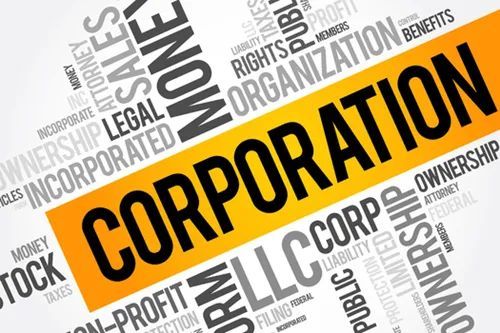|
NB:This may not be a word-for-word transcript. Companies vs. Corporations
Hello, my name is Phil Nichols and I’m an Associate Professor of Legal Studies and Business Ethics at the Wharton School here at the University of Pennsylvania. I’d like to talk to you about the words company and corporation. A company is any kind of business organization. Whereas a corporation is a specific kind of business organization or company. That means company and corporation have different meanings. One way to think about is that a corporation is a type of company. Let’s look at each word more closely. As I said before, the word company means any kind of business organization. For example, imagine two friends start a taxi service together. If the friends need more money to run their business, they might go to a bank and ask for money. In this case, the two friends must pay the money or debt back to the bank. Similarly, if one of the friends accidentally hits a sign post while driving a taxi, the two friends are liable or responsible for paying to fix the signpost. Now, the word corporation means a legal entity separate from its investors. Let’s look at that definition a little more closely. A legal entity is a company or organization that has legal rights and responsibilities. Separate is an adjective that means existing or happening independently or without connection. Therefore, a corporation has legal rights and responsibilities that are independent from its investors. Here’s an example. Apple is a corporation and therefore is liable or responsible for all of its debts or obligations or commitments. That means Apple must pay debt owed to a bank, not its investors. Similarly, if an Apple product accidentally causes harm to someone or something, Apple, not the investors, is liable or responsible for paying to fix the problem. Remember, a company is any kind of business organization, whereas a corporation is a legal entity separate from its investors. |
【商务英语】company和corporation的区别
时间:2024-01-17 12:05 来源:网络整理 转载:我的网站

